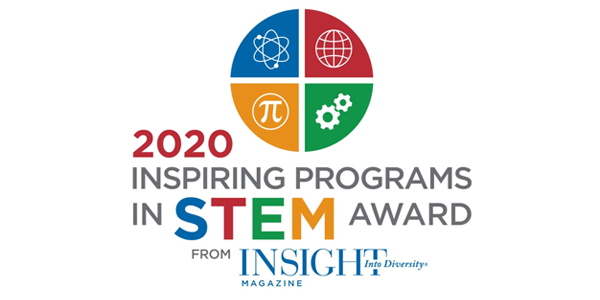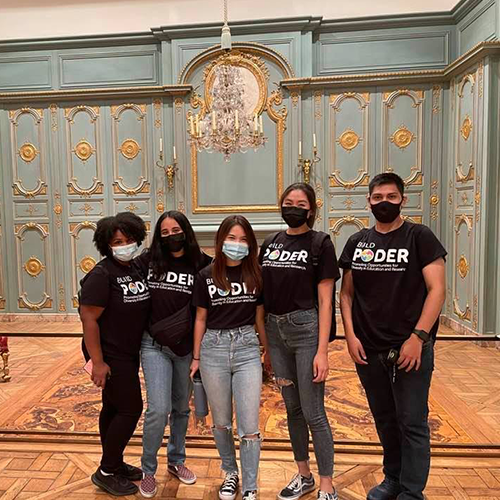CSUN BUILD PODER
Accomplishments to Date (2014–2021)
Since 2014, 329 students have participated in BUILD PODER. To date, the program has achieved the following outcomes:
Students
- Of all 329 students who have participated in BUILD PODER, 279 (84.8%) are from racial and ethnic minority groups and 21 (6.4%) students are of mixed heritage. Of all BUILD PODER students, 200 (60.8%) are first-generation college students
- Of all 329 students who have participated in BUILD PODER, 194 (59%) have earned a bachelor’s degree thus far
- Of the 194 BUILD PODER students who have earned a BA/BS thus far, 118 (60.8%) have gone on to graduate or post-baccalaureate programs, among whom 108 (91.5%) are from underrepresented racial and ethnic groups and 75 (63.6%) are first-generation college students
- Student Annual Follow-up Survey shows that among students, there was a significant increase in research self-efficacy as well as understanding of research ethics and the role and importance of diversity
- Exit surveys show that BUILD PODER students are significantly more likely to a) be confident about their research abilities, b) see themselves as part of a campus community, c) have a sense of belonging, and d) more likely to pursue a scientific-related career than non-BUILD PODER science majors.
Faculty
- Over 120 faculty members from CSUN (across 5 colleges and 22 departments) and 4 community college partners participated in mentor training that focuses on working with diverse undergraduate students
- BUILD PODER currently has 91 faculty mentors
- BUILD PODER offered 16-hour training in critical frameworks and mentoring as well as follow-up trainings. Online training modules are being developed and tested
- Impacts include:
- 223 manuscripts, 438 conferences, and 196 grant applications since 2018 (many of which were produced with BUILD PODER students)
- 12 pilot projects funded. Of these projects, 8 were completed; 5 received over $400,000 each in NIH grants (Return on investment of 8:1)
- 18 workshops hosted in 2019 and 2020 focusing on grant writing, community-partnered participatory research, and biomarkers and statistics. The workshops were viewed by more than 500 faculty and students








